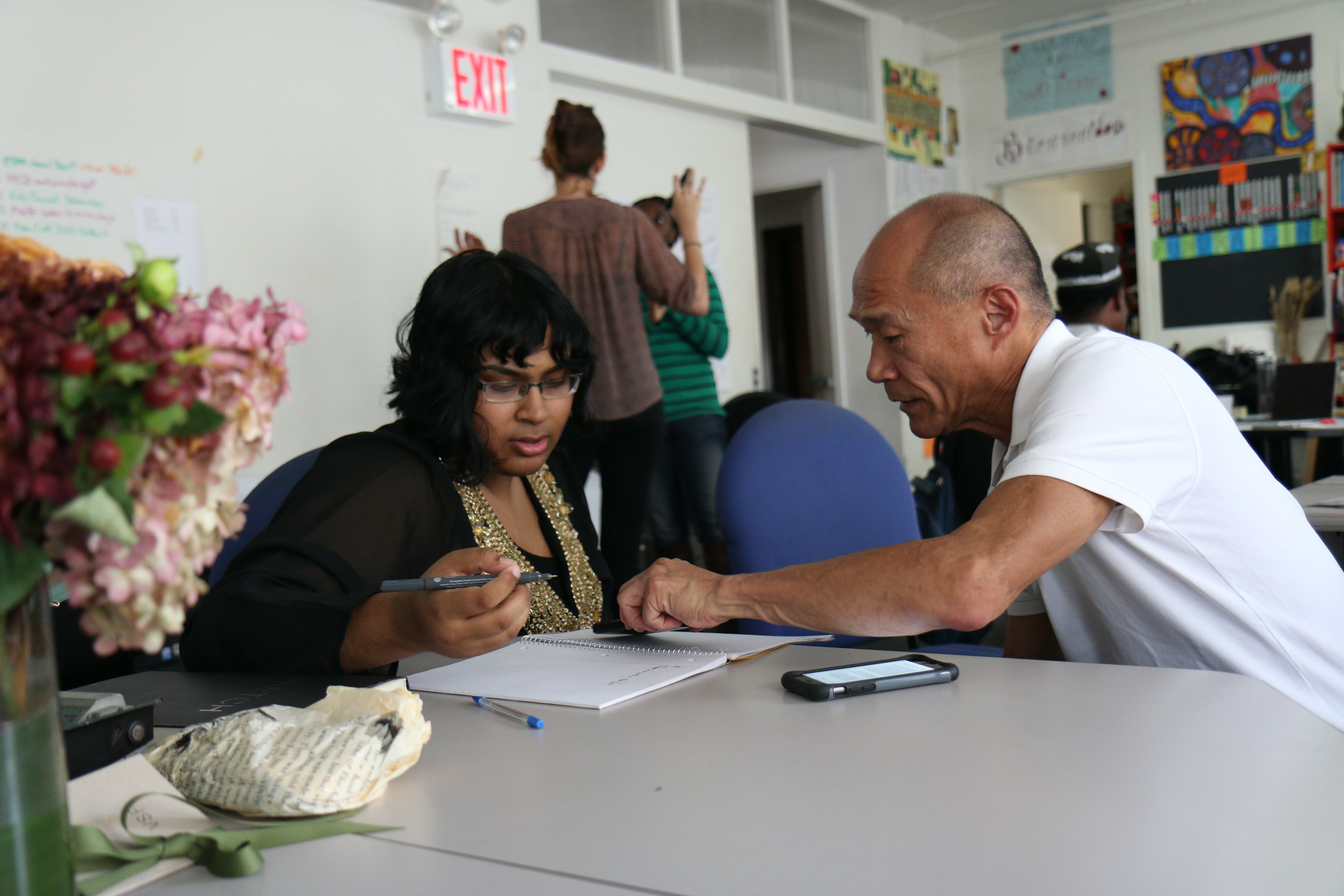Workplace Skills to Thrive, Not Just Survive, in 2025

January 22, 2025
Changes in technology, workplace dynamics, and societal expectations are evolving the way we work. This has been driven by the rise of remote work and communicating via video chat during the pandemic, the increased usage of AI across all sectors, as well as the incorporation of equity, diversity, inclusion, and accessibility (EDIA) policies in the workplace. Whether you’re in a corporate environment, creative field, or an entrepreneurial venture, individuals and employers need a combination of technical and soft skills in order to thrive, not just survive, in the workplace of 2025. And these skills are constantly changing, making learning no longer a “one-and-done” approach but a lifelong journey.
According to the World Economic Forum’s (WEF) “Future of Jobs Report 2025”, employers expect 39 percent of key skills required in the job market will change by 2030. In order to better anticipate and manage this disruption to the skills required for today’s modern workforce, the WEF cites a growing focus on continuous learning, upskilling, and reskilling programmes.
With this in mind, what areas should individuals and employers focus on when developing and honing their skills? Below are the technological and soft skills forecasted to grow in the near future according to the WEF report.
Technical Skills
According to the report, technical skills are projected to grow in importance faster than any other skill in the next five years. These include AI and big data as well as networks and cybersecurity and technological literacy.
In a world where more people rely on technology, digital literacy is no longer a “nice to have” but an essential skill. In 2025, individuals will need a strong grasp of tools, including:
- Artificial intelligence (AI) and machine learning (ML)
- Cloud computing and data analysis
- Cybersecurity basics
- Emerging technologies like blockchain and augmented reality (AR)
While you don’t have to be an expert programmer in order to grasp these skills, you need to possess the tech fluency to understand how to leverage these tools effectively in various contexts.
Soft Skills
Human-centric skills are also rising in importance with creative thinking and resilience, flexibility, and agility topping out the list, followed closely by curiosity and lifelong learning.
While automation will handle routine tasks, complex problem-solving will remain a human domain – and for this reason, creative thinking is an in-demand skill. The ability to think creatively involves being able to analyze information critically and discern credible sources, applying creative solutions to multifaceted problems, and collaborating across disciplines to address challenges.
No matter how advanced automation gets, it can’t replicate human creativity. Those who are creative demonstrate the ability to:
- Generate fresh ideas and innovative solutions
- Design user-centric products and services
- Stay ahead in competitive industries
Take one look at the headlines and it’s not hard to figure out that we live in an increasingly volatile, uncertain, complex, and ambiguous world. This is where being resilient, flexible, and agile comes in. Those who can adapt to rapid changes, learn new skills on the fly, and maintain resilience in the face of setbacks will come out on top. To do this, a person or organization should be able to:
- Embrace lifelong learning
- Cultivate a growth mindset
- Build emotional intelligence (EI) to manage stress and uncertainty
Building on the last point, EI includes soft skills like empathy, communication, and interpersonal awareness, which are more valuable than ever. A person with high emotional intelligence (EQ) can:
- Foster strong relationships in diverse teams
- Navigate workplace dynamics with tact
- Lead with empathy and inclusivity
Rounding out the top 10 skills in the WEF report are leadership and social influence, talent management, analytical thinking, and environmental stewardship.
What started as a trial during the pandemic has, for many organizations, become the norm in 2025. As workplaces become more decentralized, often with remote or hybrid teams, those who succeed will:
- Demonstrate effective leadership, even without formal authority
- Collaborate seamlessly across cultures and time zones
- Motivate and inspire teams to achieve shared goals
Corporate social responsibility is more than just lip service for individuals and organizations that are thriving. With the rise of catastrophic weather events becoming the norm rather than the rarity, climate change and ethical business practices will take centre stage. This requires professionals who:
- Understand sustainable practices within their industry
- Advocate for corporate social responsibility
- Make decisions aligned with ethical principles
These are the key technical and soft skills that individuals and businesses looking to remain competitive in an ever-changing workplace should work towards mastering in 2025 and beyond. There has never been a better time to invest in your workforce or yourself by reskilling and upskilling in these areas in ways that are specific to your industry and career. By committing your employees or yourself to continuously honing your experience and skills, you’re setting up for a future to succeed.



